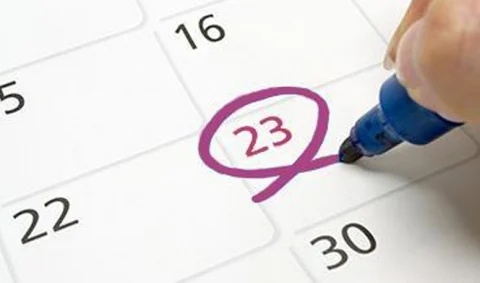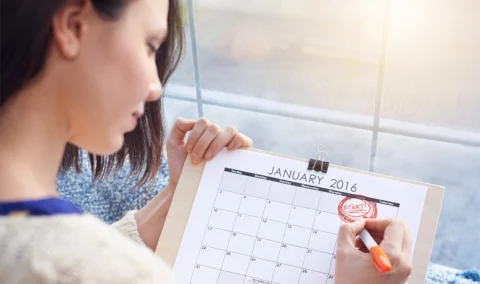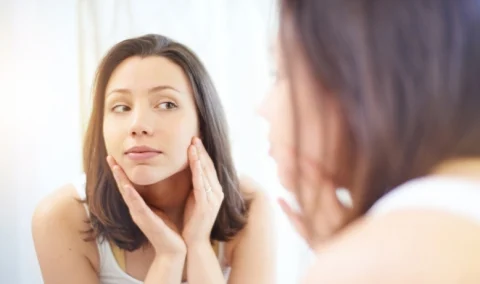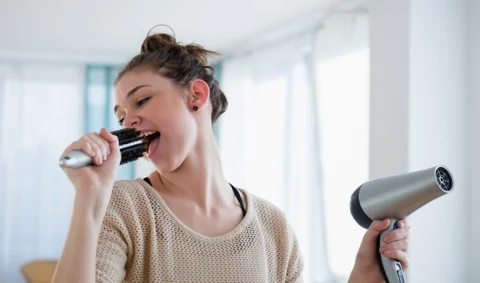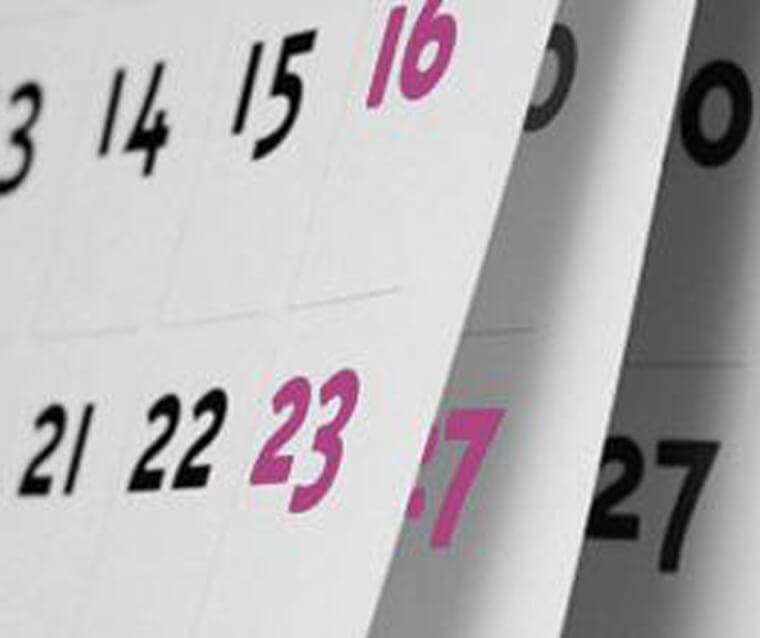
Tuesday, July 25, 2023 - 13:36
Everything to know about menstruation or periods and the menstrual cycle.
Menstruation - When does the first period arrive?
Perhaps the most annoying thing about the first period is that it comes unannounced. No girl can really tell when it’s going to happen. So how can you be prepared? First, know that this is going to happen and then pay attention to the signs.
Menstruation or Period: What’s that again?
Getting your period, or menstruating is a natural body activity directly linked to the female reproductive cycle. Every month or so, your uterus builds up tissue to nestle a potential embryo. When no fertilization occurs, the tissue is no longer necessary, and the uterus sheds it in the form of a menstrual period. Usually, periods last between 3 to 7 days.
First period: One of the last signs of puberty
Typically, you should expect your period about two years after your first signs of puberty appear. Whether you were an early or late bloomer, the only way to know if your period is about to come is by listening to your body. Keep track of your pubertal changes, like when you first developed breasts or body hair. This will help you get a rough estimate of your awaited event’s date. Pay special attention to vaginal discharge. It’s a sign that your period is coming within the next few months!
How late can a girl have her first period?
Although all girls will start getting their period sometime during puberty, every one of them will live this experience differently. The average age for a girl’s first period is between 10 and 14 years. However, some girls will get it as early as 9 years of age, while others as late as 17 and that’s perfectly okay. You shouldn’t feel left behind just because your friends got their period and you haven’t. Remember: it’s all about the right timing for you. However, if you have any concerns, don’t hesitate to share them with your doctor.
My first period: What does it feel like?
Generally, the first period comes unexpectedly. But there isn’t any reason to worry about having your first period as it is totally natural. It’s just a few drops of blood, so there’s no need to wear pads “just in case”. You can simply keep some in your bag, and if you do get your period at school and you’re not prepared, look for a sanitary napkin at the infirmary. You can use a panty liner instead, which keeps you clean from vaginal discharge as well. The first periods are rarely painful. Most of the time, the blood you shed is rather brown-black. Again, this is perfectly normal, and you have nothing to worry about.
What happens next?
The first periods don’t usually have an ovulation cycle before them. After you get your first period, don’t panic if the next one doesn’t occur after 28 days. For several months, your period may be erratic or even absent. Gradually, your cycles become more regular, a sign that your hormones have stabilized and ovulation has taken its course.
Note: This article is for informational purposes only and does not constitute medical advice.
